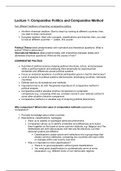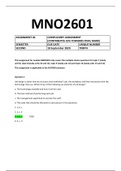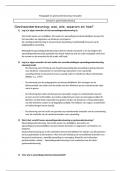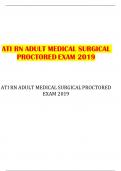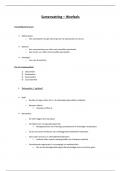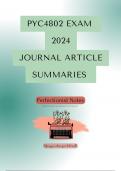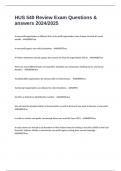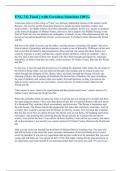Class notes
Introduction to Comparative Politics: Lecture Notes
- Course
- Institution
- Book
This document contains notes from all lectures of the Introduction to Comparative Politics course, which is mandatory for all International Relations and Organizations students. To supplement the content of these lectures, students should also do the assigned readings from the Comparative Governmen...
[Show more]
